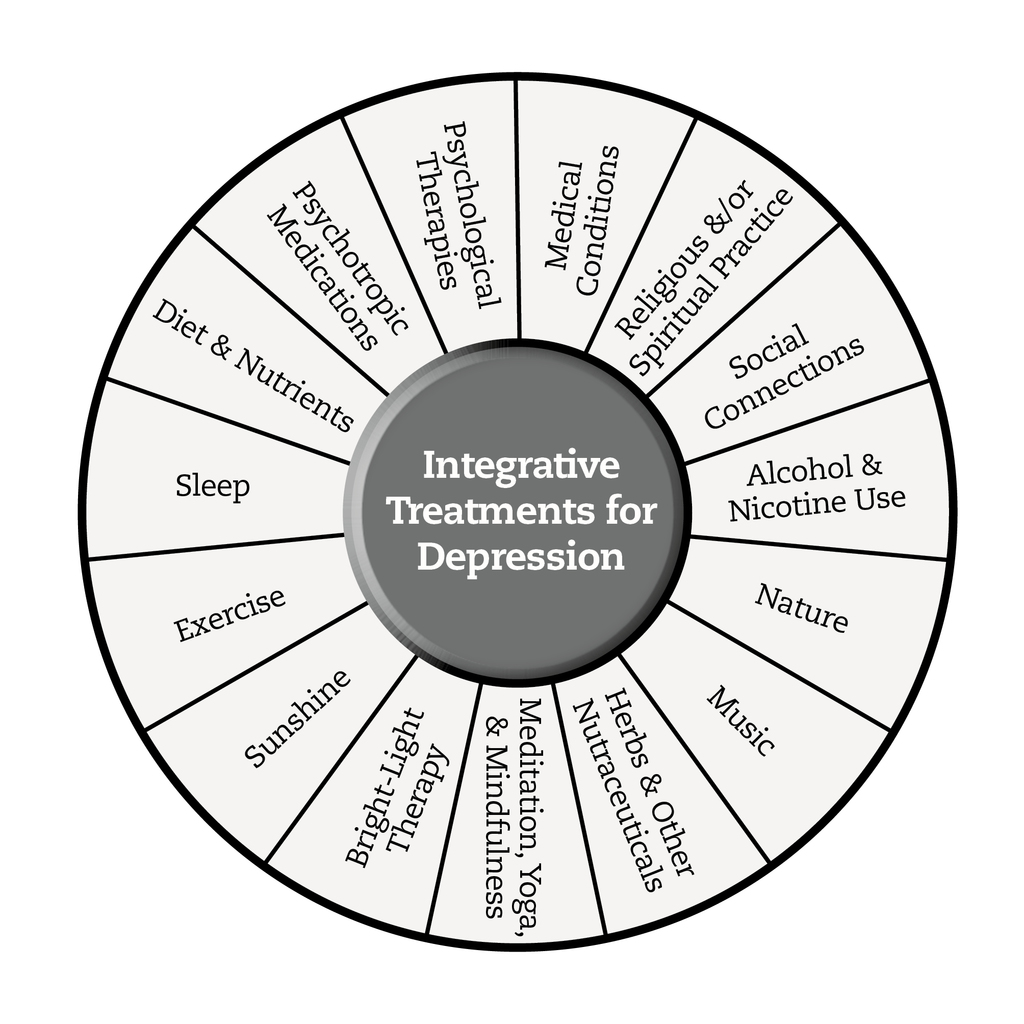
The most popular treatments for depression include psychological and pharmacological treatments. In terms of psychological therapies, the most commonly-used form is cognitive behaviour therapy (CBT) while the most popular antidepressants are selective serotonin reuptake inhibitors (SSRIs) such as Prozac® (fluoxetine), Zoloft® (sertraline) and Lexapro® (escitalopram).
While these treatments can be helpful for many people, there are a significant portion of people who do not benefit from them. In fact, research indicates that approximately 60% of people continue to experience symptoms of depression despite receiving psychological or pharmacological treatments. Efforts have been directed at improving treatment outcomes by creating new psychological therapies and/or pharmaceutical antidepressants. Unfortunately, outcomes are simply not improving.
In a paper that I recently published in the journal Medical Hypotheses, I argue that treatments outcomes are only likely to improve when we take a more integrative (or holistic) approach. Research confirms that depression can be caused many factors which psychological therapy and antidepressants simply do not target. For example, depression can be caused by:
Given the multifactorial causes associated with depression, an integrative approach is essential. Interestingly, there is an increasing body of evidence confirming the benefits of several interventions that target many of the areas described above. The figure below is included in the article I published which summarises the many different treatment options available. I comprehensively review the research examining the efficacy of these different treatments in the article.

Session expired
Please log in again. The login page will open in a new tab. After logging in you can close it and return to this page.